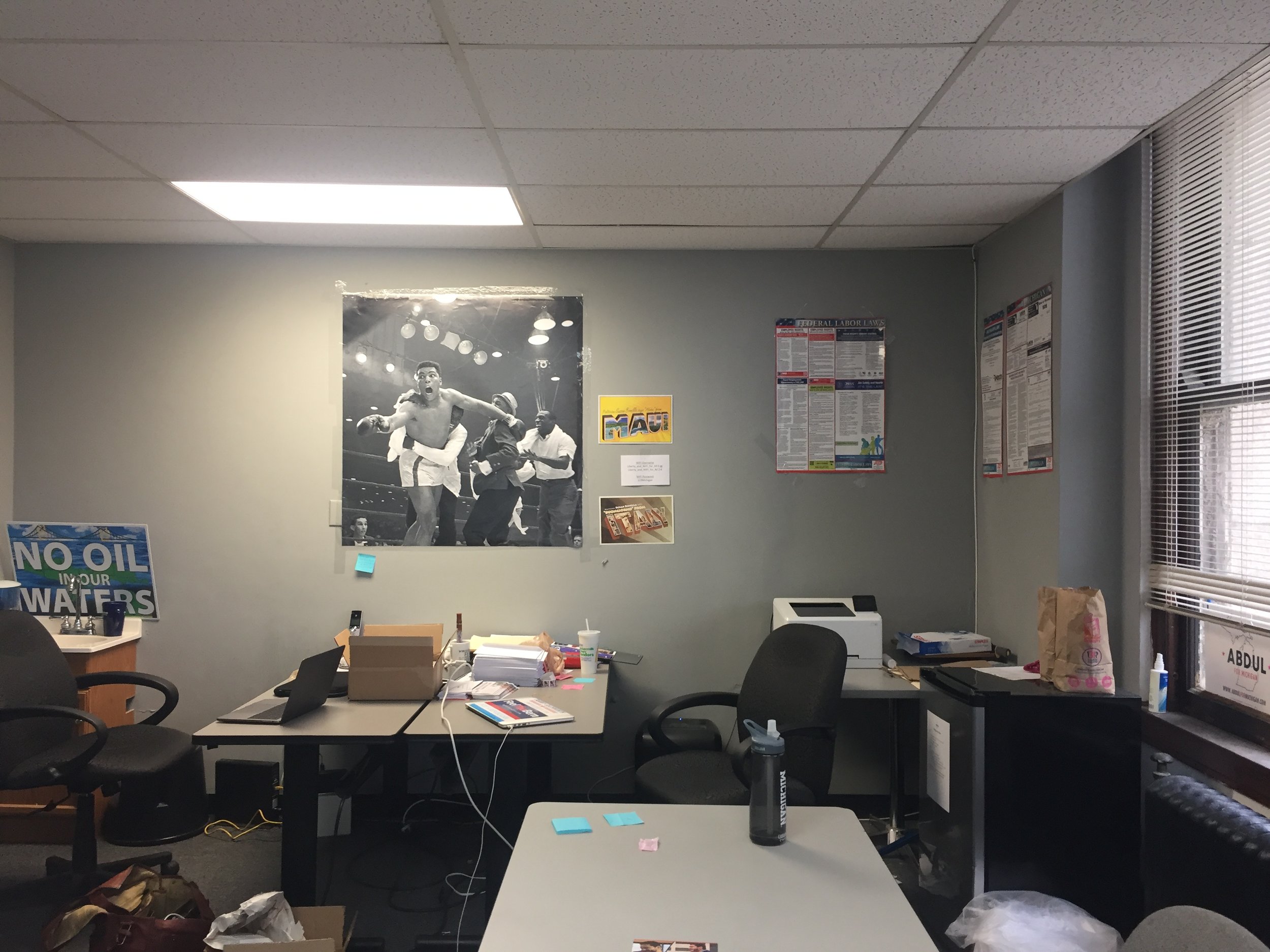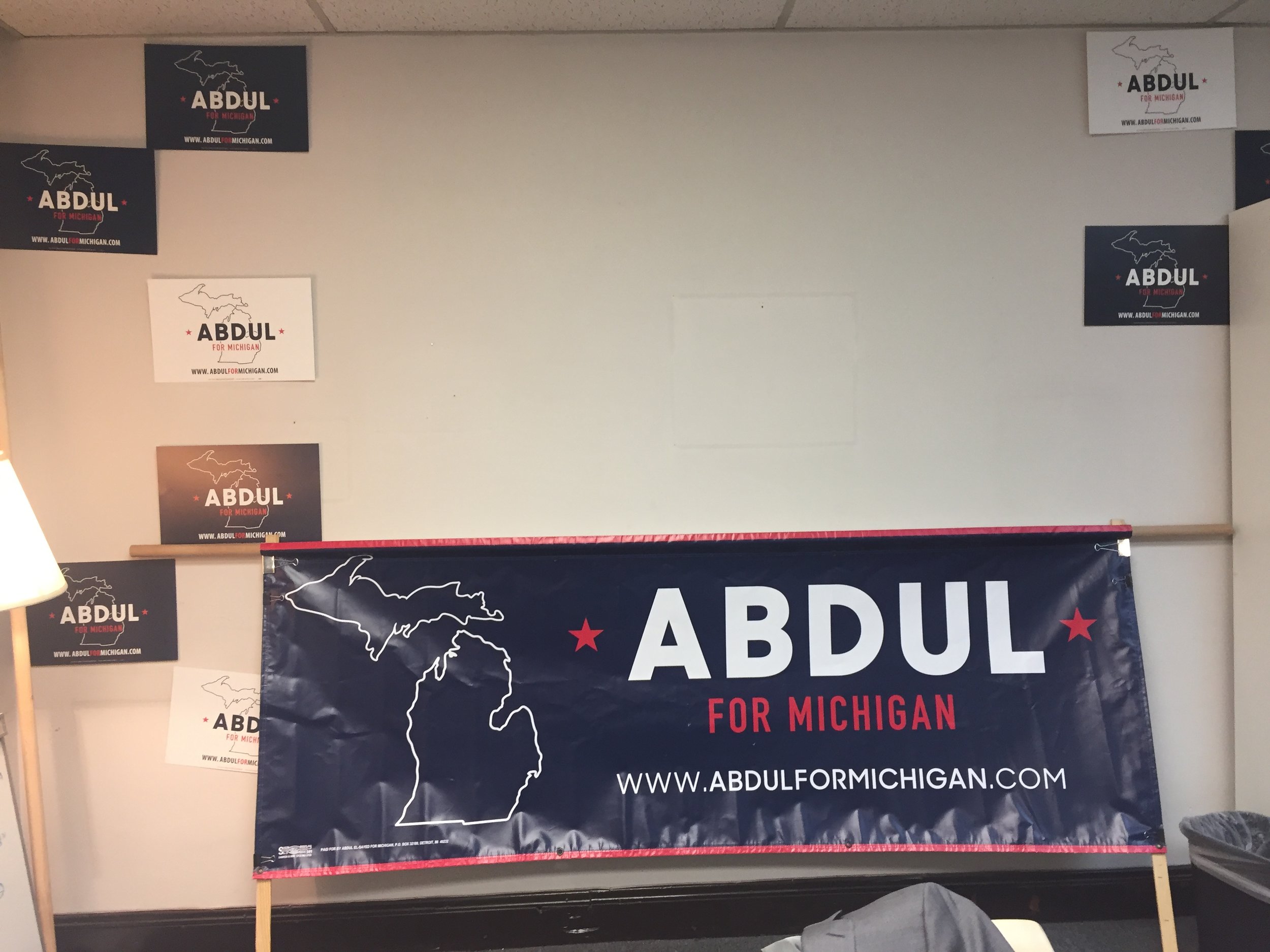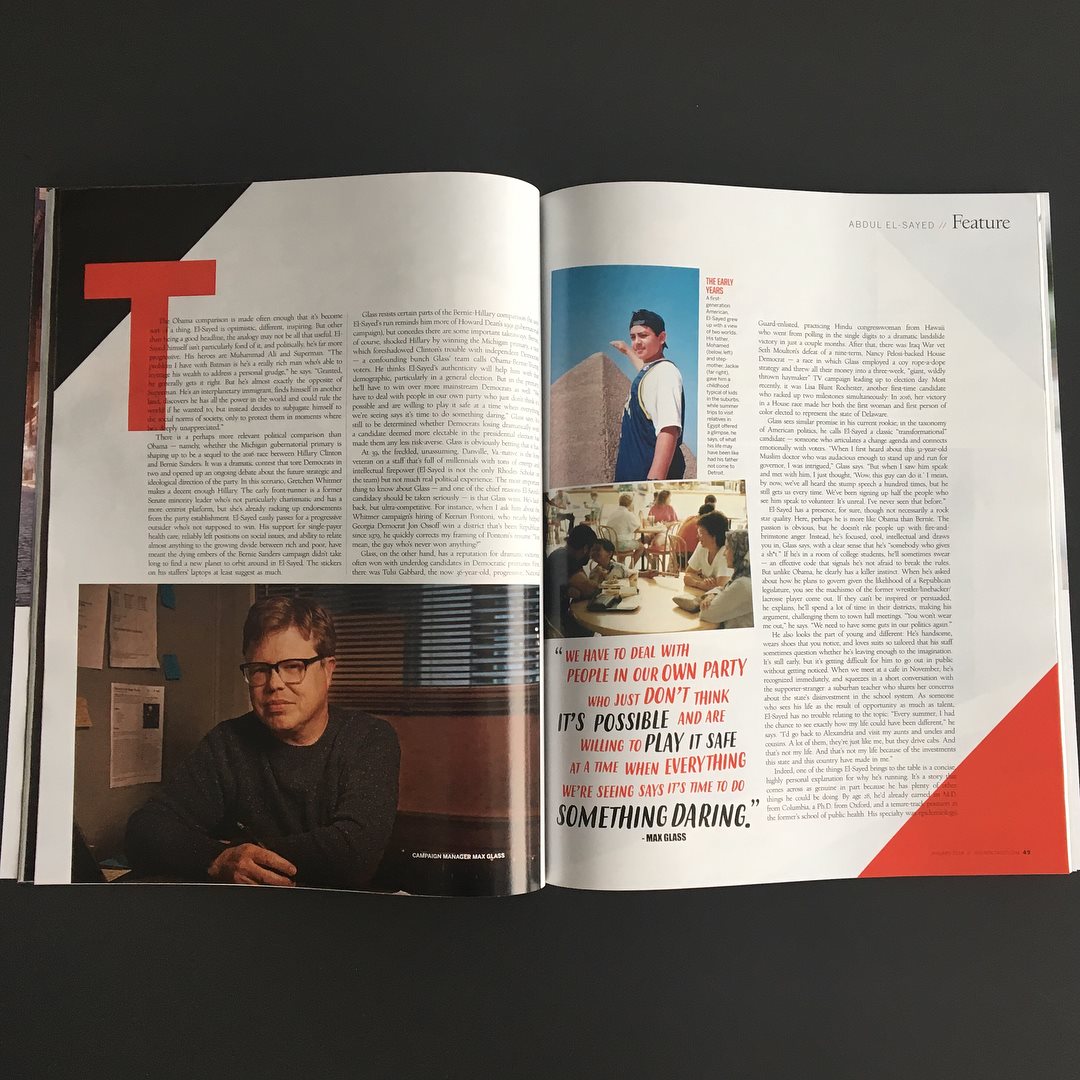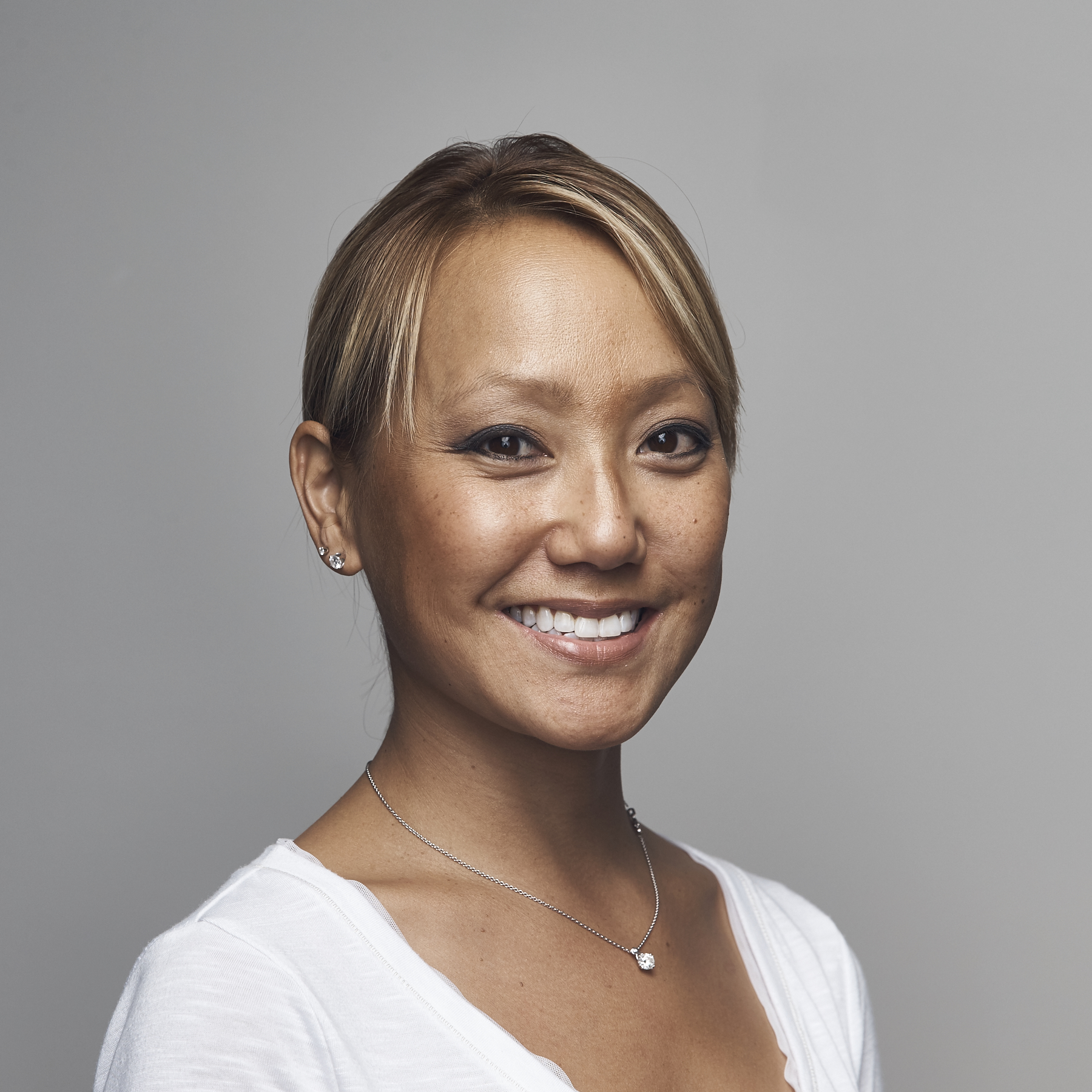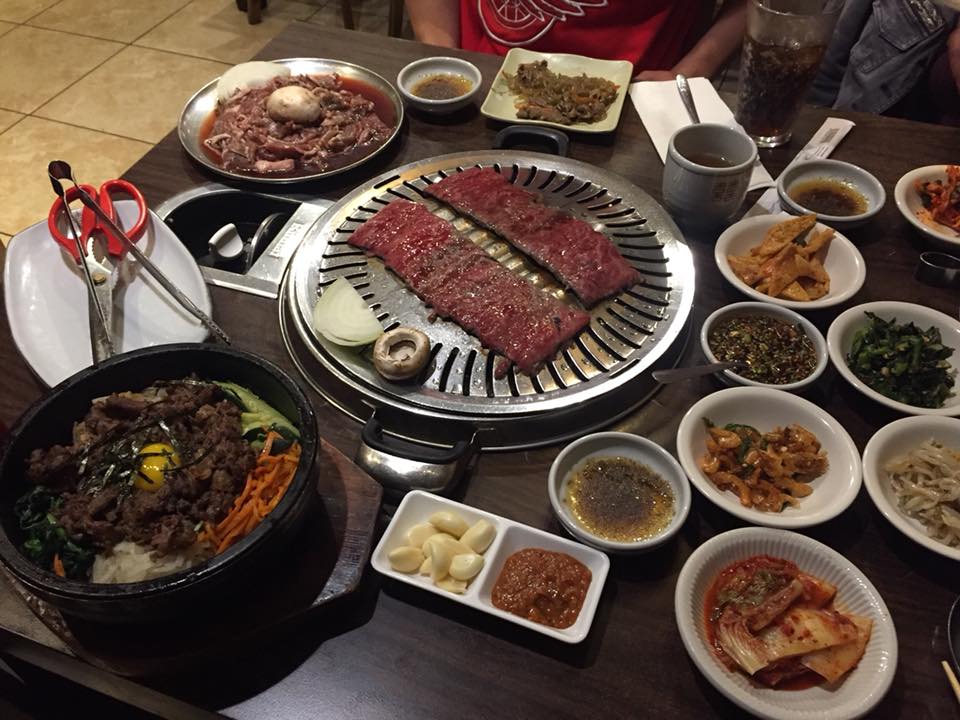I am happy to share my first Hour Detroit Magazine cover for the January 2018 issue featuring Abdul El Sayed. At 33, Abdul is a young political rookie who is currently campaigning for 2018 Michigan Governor race. He is shaking things up in Michigan in a good way. This cover feature was a three day process but the second day required everyone to be on board.
My team and I photographed the cover with Abdul on an extremely tight time frame. I received a call from the Creative Director, Carolyn Chin Watson, Wednesday Nov 1 in the morning stating Thursday Nov 2 (the next day) is the only day we can do a stylized portrait of Abdul in Detroit. We photographed his campaign manager there the day before so I knew the location already. The curveball was we had to make a cover. This is what we had to work with...
Now what most creatives would do is complain about the location, huff and puff about it and maybe give up. Luckily this wasn't the case and that large dark brown door was the perfect backdrop for what we needed. Sometimes the K.I.S.S. rule is the best rule...
While I was location scouting around 4:00 PM I was also told by Abdul's team we only have him for three 15 minute time slots to photograph reportage, two cover options, and a stylized portrait.
My time slots were:
7:30- 7:45 AM Arrive at his home in Shelby Township to photograph
9:30 - 9:45 AM Photograph two cover options in their office in Detroit.
Noon - 12:15 PM Photograph a variety of stylized portraits of Abdul.
These time frames are not short because Abdul and his team are trying to be difficult. Someone like him is busy getting out there to run a campaign. It's rare for anyone whether its a CEO or public official to dedicate an entire day for a photoshoot unless one is to be compensated like on an advertising/commercial photoshoot. Part of my specialty as a photographer is being able to assess a problem and come up with a solution.
The issue with schedule was Shelby Township is over an hour away from Downtown Detroit with no traffic. Rush hour traffic into Detroit starts around 7:00 AM and on Thursday morning it was raining. That meant it would take more than an hour to arrive in Downtown Detroit. I've learned I wouldn't be able to properly set up for a cover photoshoot unless I hired an additional photo assistant to start pre lighting for me.
Late Wednesday night around 9:00 PM, one of my photo assistants Daniel came over to my house to take all of my lighting equipment along with my lighting diagrams. From there he would arrive the next morning at 7:00 AM to load in all of my equipment in Downtown Detroit and start setting up for the cover and the portraits. I knew there was no way I could do this myself and this is where teamwork makes the dream work.
After I photographed some reportage images of Abdul getting ready, my first assistant Jen and I rushed to Downtown Detroit. We were lucky to arrive by 9:00am despite rush hour traffic and the rain. There was no more than 30 minutes for me to fine tune the lighting and get things rolling. by 9:25 am I was ready to photograph Abdul. By 9:42 we had shot 2 cover options!
Thank you Carolyn Chin Watson, Creative Director at HOUR Magazine, for trusting me with this assignment and giving me the honor of my first HOUR cover. Daniel Ribar and Jen Hefner were my two rockstar photo assistants who made everything come together and kept me at ease. Alan Davdison over at Dayspace Studio for the Profoto lighting rentals to ensure this shoot was a success! A big thank you goes out to Abdul and his team for being accomodating to HOUR Magazine and my team!.
My team is always prepared to make changes on the fly. Without proper planning, there is no way I could have photographed the feature and cover options in (2) 15 minute sessions.


